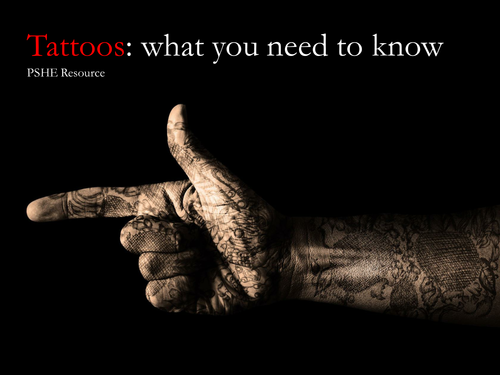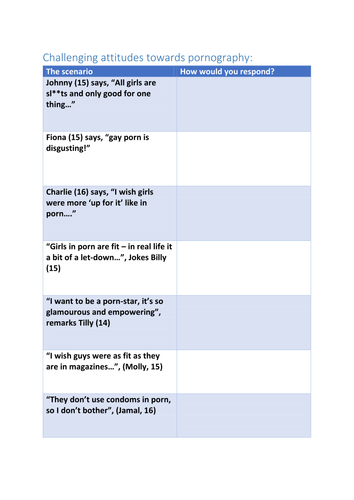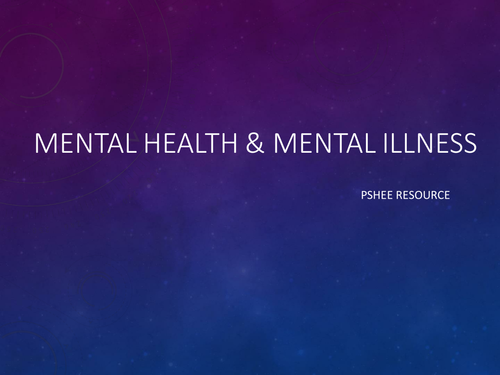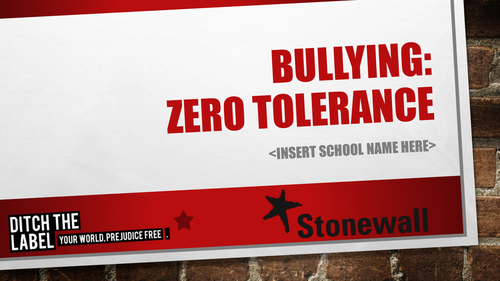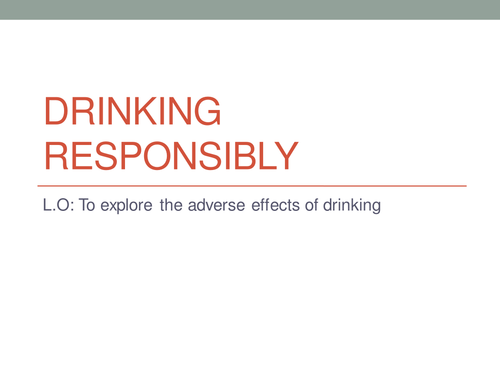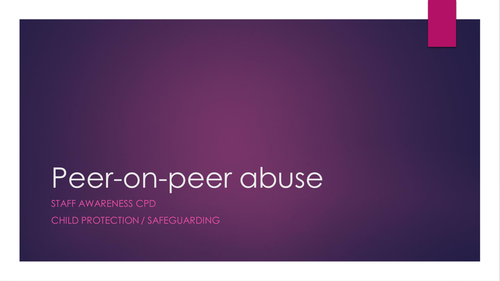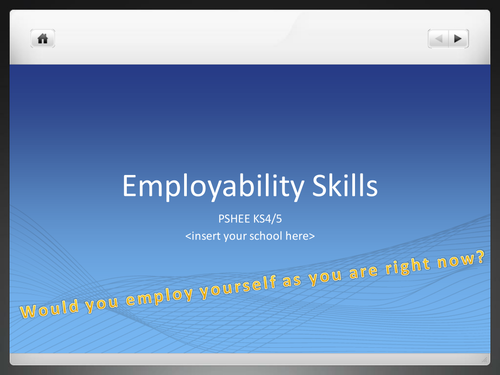Paulfaci's Shop
Paul Faci is a Specialist Leader in Education (AST) for PSHEE / SMSC. Paul originally comes from Australia and has taught in a variety of settings, including PRU-equvalent settings with disadvantaged young people. Paul is currently living and working in London and is passionate about sharing resources that help teachers promote healthy lifestyles, educating young people about the skills they need to become active citizens in modern Britain.





